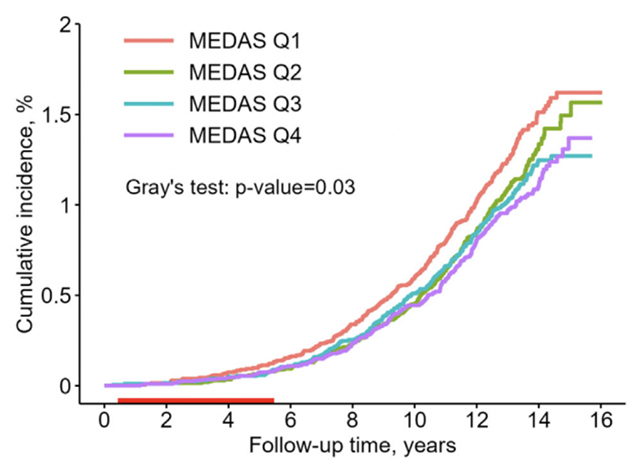The International Residual Mechanism for Criminal Tribunals has ruled that Félicien Kabuga, a defendant in the Rwandan genocide, is unfit to continue standing trial due to his dementia. Nonetheless, judges have set up a procedure to hear evidence without the possibility of convicting him. Mr. Kabuga is accused of financing and urging the mass murder of the Tutsi minority in Rwanda. He pleaded not guilty to charges including genocide, incitement to commit genocide, persecution, extermination, conspiracy to commit genocide, and murder. His trial started previous year, virtually three decades after the massacre that claimed 800,000 lives.
Medical experts stated that Mr. Kabuga’s dementia robbed him of the skills necessary for meaningful participation in a trial, making it impossible to convict him since there was no possibility of his recovering these abilities due to the progressive and irreversible decline of his condition. The judges have decided to establish an “alternative finding procedure that resembles a trial as closely as possible but without the possibility of a conviction.”
Previously, Mr. Kabuga was known to have been one of the last fugitives fundamentally implicated in the genocide before his extradition. His arrest followed the payment of a $5 million bounty, and he was brought to The Hague to stand trial at the residual mechanism – a court that deals with remaining cases from United Nations tribunals for Rwanda and the Balkan wars, which are now closed.
The genocide began in April 1994, after a plane carrying President Juvénal Habyarimana crashed in the capital, Kigali, killing the leader, who was an ethnic Hutu, like the majority of Rwandans. Mr. Kabuga’s daughter had married Mr. Habyarimana’s son. The Tutsi minority was accused of shooting the plane down, leading to bands of Hutu extremists killing Tutsis and perceived supporters with the help of army, police, and militias.
If convicted, Mr. Kabuga could have faced life imprisonment—the maximum sentence. However, the majority decision by the judges has ended any possibility of a guilty verdict since he is no longer capable of standing trial due to health reasons.
The recent decision in Mr. Kabuga’s case follows the arrest in South Africa of Fulgence Kayishema, widely regarded as one of the most wanted suspects in the Rwandan genocide. Kayishema’s charges include orchestrating the killing of nearly 2,000 people at a church almost 30 years ago, and he was on the run for over two decades.









![[Galaxy Unpacked 2025] The Subsequent Bankruptcy in Customized, Multimodal Galaxy Innovation [Galaxy Unpacked 2025] The Subsequent Bankruptcy in Customized, Multimodal Galaxy Innovation](https://img.global.news.samsung.com/global/wp-content/uploads/2025/07/Samsung-Mobile-Galaxy-Unpacked-July-2025-Unpacked-Highlight-Sketch_main1.jpg)




